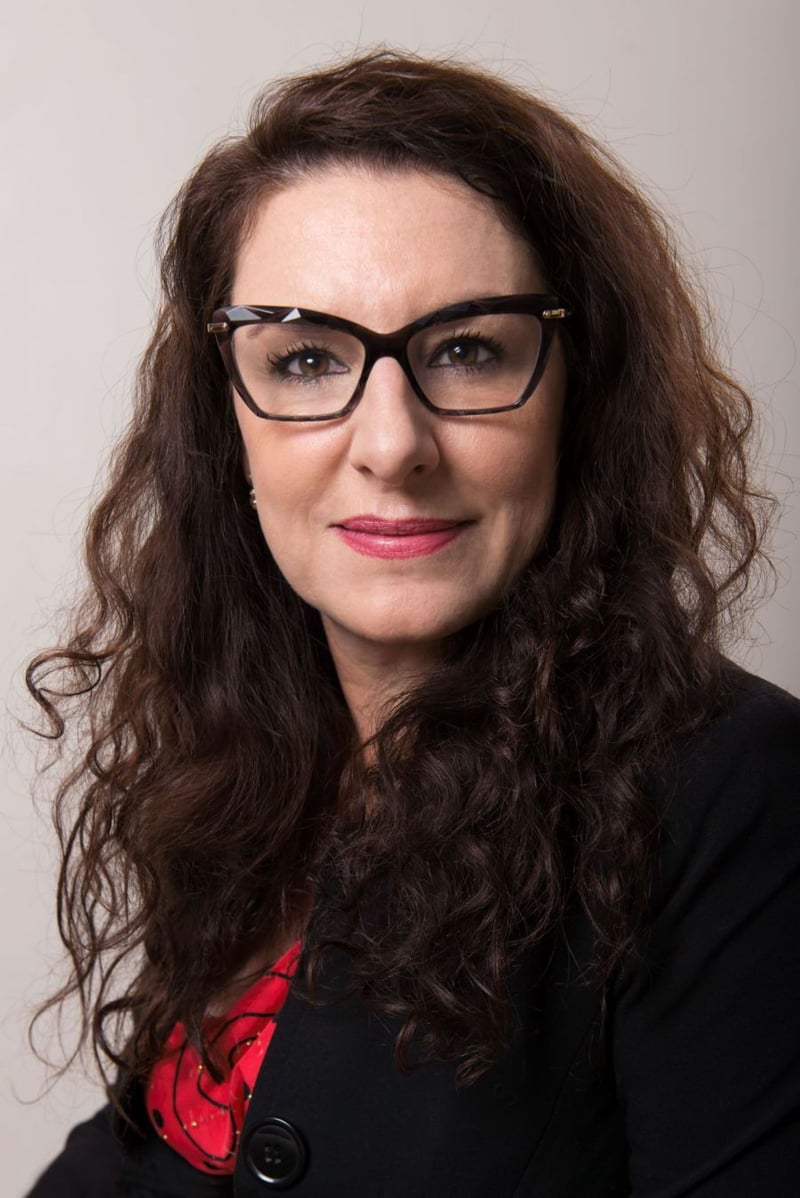Celebrating sobriety on International Day against Drug Abuse
Written by: samantha Save to Instapaper
International Day against Drug Abuse and Illicit Trafficking, which is celebrated on June 26, directly or indirectly impacts on all of our lives. While statistics indicate that 10% of the population are addicts, the rest of us are also affected in some way, as we all have a family member, friends or colleagues that has been inflicted by addiction at some point in their lives.
Specialist addictions counsellor and professional speaker, Leigh Joy Mansel-Pleydell, herself a recovering addict, has dedicated her life to helping addicts out of the darkness of addiction and into the light of recovery.
We asked Leigh why some people become addicts and other don’t? According Leigh, research has isolated four causes that might lead to addition: Firstly, a genetic predisposition; it is said that addiction is a family disease. It is passed down from family member to family member. Some say it is in the blood.
The genome has not been mapped, but the thousands of studies undertaken at rehabilitation centres around the world show that if there is a family member with the disease of addiction, there is a likelihood that this will be passed down. Secondly, untreated and undiagnosed trauma in childhood, teenage years and adulthood can spark for addiction. Trauma might include divorce, the death of friend or family member, loss of lifestyle due to financial pressures, sexual, mental, physical, emotional and spiritual abuse.
Drugs are often used to anaesthetise the pain of trauma. Thirdly, most addicts have a dual-diagnosis or co-morbid disorder. This means that they suffer from an underlying mental illness like anxiety, depression, personality disorders, bi-polar, ADHD, to name a few. It is important to note that not all people with mental health diagnosis are addicts. Once again, addicts seek to anaesthetise the pain of untreated anxiety or depression.
Lastly, disruption in the attachment to both parents and caregivers is a likely cause for addiction, such as divorce, adoption, death of a parent or kids on the other spectrum. The enmeshment of the parent and addict also causes attachment disorders. The addict will not enjoy a secure and close bond with their parent(s). “I find that denial busting in a compassionate and often gentle, but direct way is the beginning of the healing process for my clients,” explains Leigh. “It’s really never too late to have a happy childhood”.
Leigh stresses that self-care needs to be made a priority and teaching other people how to treat you with dignity and respect is essential. Ends. About Leigh Joy Mansel-Pleydell On 30th of September 2019, Leigh celebrates her 12th year of being clean and sober. Leigh is an addictions counsellor and professional speaker who teaches her clients how to live for today, set achievable and exciting goals, and develop a daily routine that is empowering and life-affirming.
You can connect with Leigh on LinkedIn https://www.linkedin.com/in/leigh-joy-mansel-pleydell-17119426/ Facebook https://www.facebook.com/leighjoy74/, Instagram https://www.instagram.com/leighjoyinspires/ or www.leighjoy.co.za.
Latest from
- Understanding the terms and conditions of your funeral policy makes claiming easier
- PMI Launches Make Reality Virtual Hub to Inspire People to Turn Ideas into Reality
- Magna Carta MD, Moliehi Molekoa To Speak At The ICCO Global Summit
- Drawing up a will should be simple - Old Mutual unveils its online will solution
- Where there is a will, there is a way. A Will ensures your last wishes are honoured
- Avoid making early withdrawals from investment policies
- South African Wildlife Rangers join Africa-Wide drive to protect Wildlife as COVID-19 Jeopardises Decades of Wildlife Protection Success
- Reputation is a board-level concern and deserves the attention of the board says, Magna Carta
- Project Management Institute Announces 2021 Future 50 List Celebrating 50 Young Rising Leaders Changing the World
- Meeting savings goals does not mean you have to open multiple savings accounts
- Professional project managers one of the keys for driving economic recovery says PMI
- Dedicated community heroes awarded R 150 000 in Old Mutual Sisonke docuseries competition
- South Africa amongst the world’s best at coping with business related COVID challenges, says PMI
- Reform black tax, make it less taxing
- Strengthen your finances by overcoming your fear of taxes
The Pulse Latest Articles
- Opinion Piece: Executive Pay In Crisis: Rethinking Rewards In A World On Edge (June 17, 2025)
- This Father’s Day, Raise A Pura To The Dads Who Keep It Real (June 13, 2025)
- Winter Hydration Just Got A Glow Up (June 10, 2025)
- Work From Anywhere: Emails, Elephants & Espresso: The New Office Life (June 10, 2025)
- Xlink Crowned Technology Company Of The Year At The Africa Tech Week Awards 2025 (June 5, 2025)
